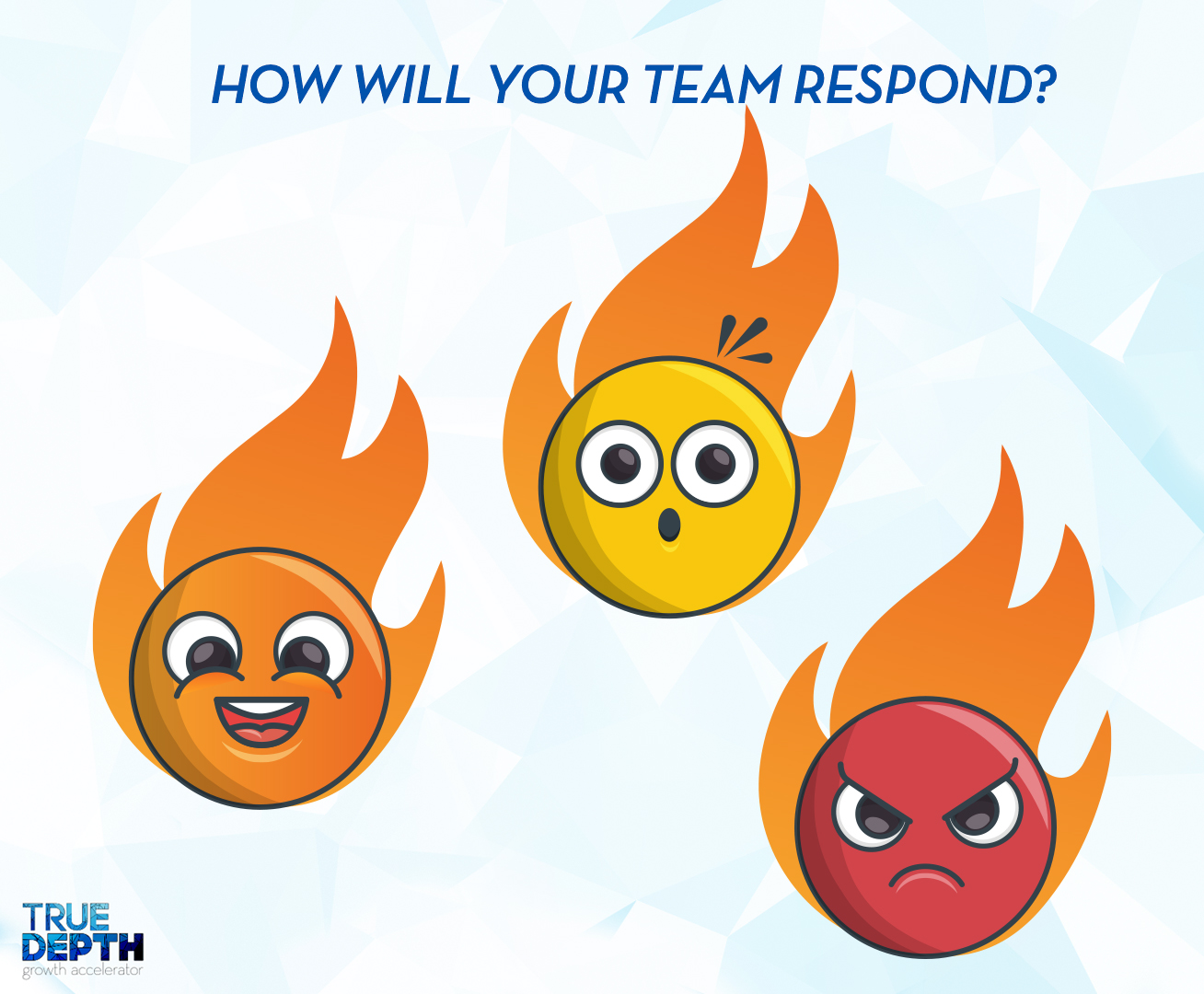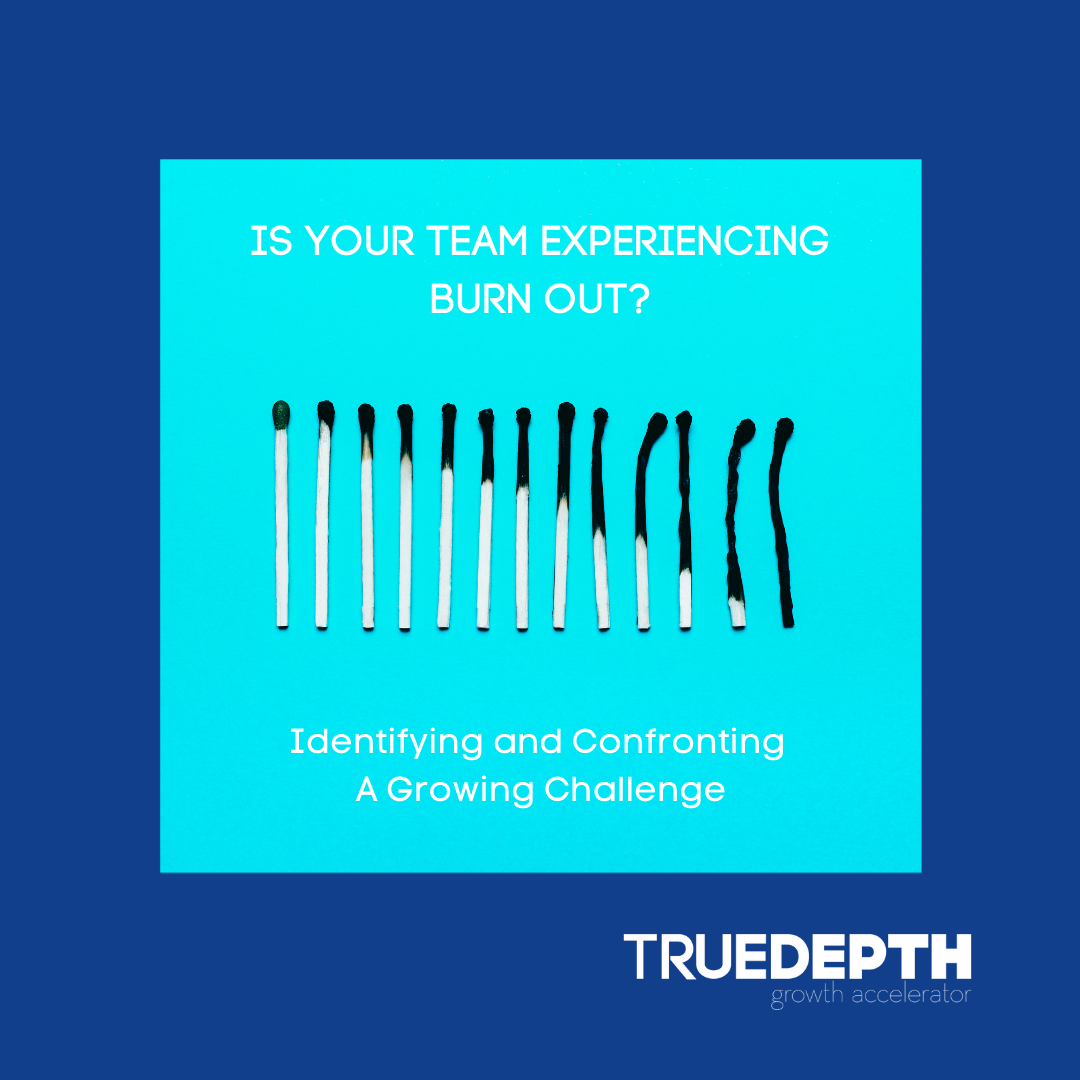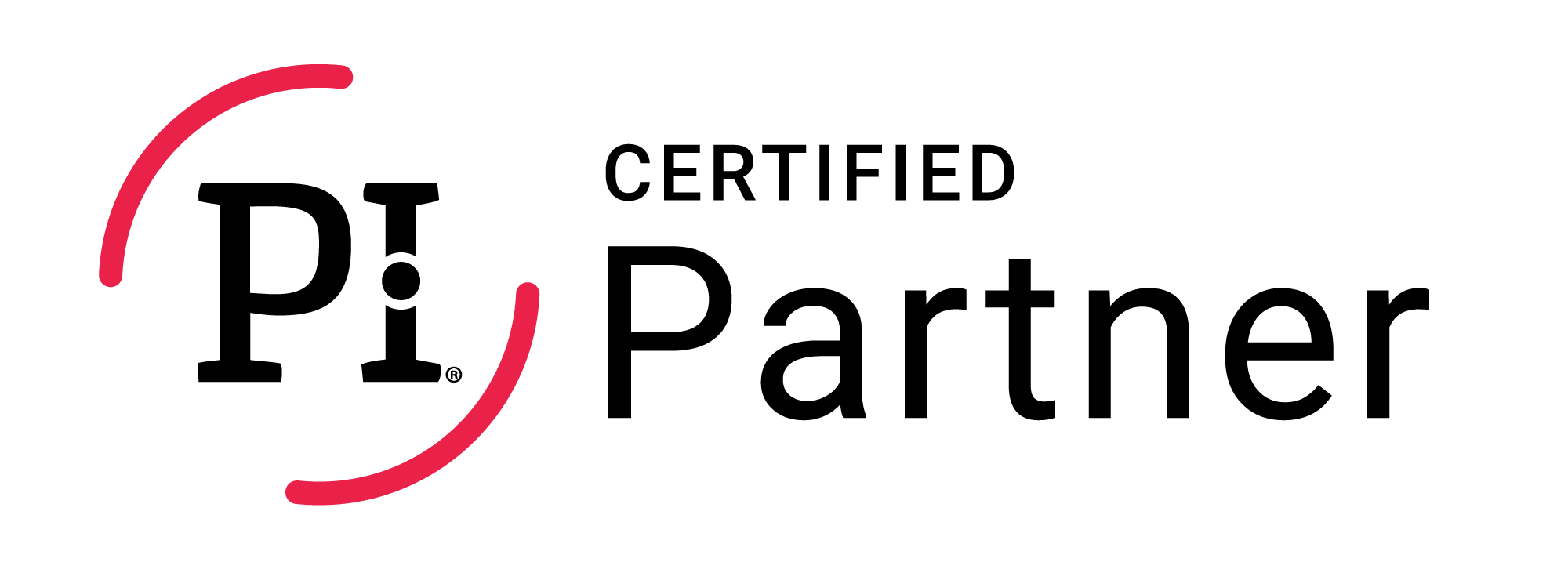You might be familiar with burnout as a term or have even felt the effects…
How Are You Measuring Your Return on Relationships or ROR?
Why Return on Relationships is a vital business metric.
In business, it is easy to get caught up in measuring and improving your ROI or return on investment. A narrow focus on this metric can lead to all your days being taken up with pouring over process improvements, profit and loss statements and capital investment planning. While ROI is vital to the success of any business, it’s not the only thing that ensures long-term stability and sustainability. When you focus too much on short-term results and easily measured accomplishments, it’s easy to lose sight of the fundamental truth that relationships are vital to any brand’s success.
When was the last time you reviewed your business’s Return on Relationships? ROR isn’t a common business metric, although Ted Rubin has spoken influentially about it, and there are many good reasons why it should be more commonly used. Relationships can bring mutual benefits to a business, its contacts, and its customers.
“ROR is the value (both perceived and real) that will accrue over time through connection, trust, loyalty, recommendations and sharing.” – Ted Rubin
As you begin to plan your next year in business, rather than jumping right back into budget building, take the time to assess your business’s key relationships. Which ones are mutually beneficial, strong and secure, and which ones need a little love? You can use the following checklist to take an inventory of each type of relationship your business has.
1. Targeted Relationships
Targeted relationships are those with people whom you don’t know, but who are in the same industry as you. They may be your peers or even your competitors. Don’t be too quick to write off your competitors as your enemy. Spend some time sitting in a peer group with so-called competitors and you will see that they have so much knowledge and wisdom to share with you.
Don’t close yourself off to that learning.
One day, you may need to partner with these people to satisfy complicated client requests. You may need to refer work to each other. If nothing else, these are the people you vent to when times are tough in your industry. As marketing dynamics evolve and changes rock your industry, you may find yourself thrust into contact with this group of people, so it’s important to understand them and spend time thinking about the relationships you would like to build.
2. Tentative Relationships
Think about all the people with whom you already have a connection, but you couldn’t honestly say you really know them. Perhaps you met them at a trade show or via a social media connection. These are tentative relationships. If you don’t take the chance to invest in them now, they will eventually die off and you will lose whatever opportunities the relationships might have presented for your business.
Perhaps you are already marketing to people with whom you have tentative relationships. They may be sitting in your database and therefore receiving your marketing emails and other communications. To generate a return on tentative relationships, you need to think about how you can continue to grow and strengthen these connections.
3. Transactional Relationships
Your company uses transactional relationships to accomplish specific business objectives. For example, you have transactional relationships with the people you pay to provide products and services. When taking your relationship inventory, list the top 25 vendors to whom you write checks each month. These vendors have huge potential to impact your business. For example, you could cross-refer business to each other or introduce each other to other clientele. If you are not already making the most of your top 25 transactional relationships, think about how you could leverage these relationships to provide a long-term return for your business.
4. Trusted Relationships
Finally, let’s talk about trusted relationships. These relationships are gold to your company, and it is vital to protect and nurture them. Trusted relationships take much more work and a lot longer to form than other types of relationships, but they are well worth the investment as they are the real commerce of your company. More personal and usually longer lasting than the other three types, trusted relationships are also the most valuable.
Here are some examples of people with whom businesses may have trusted relationships:
- Customers or clients
- Prospects
- Investors
- Employees
- Organizations
- Suppliers and vendors
- Distributors
- Media contacts and journalists
- Industry analysts
- Government officials
- Local communities
Take some time to think about the people with whom you have the longest-established and most personal connections. These are probably people with whom you work regularly to generate mutual benefits. These are your trusted relationships and have the greatest potential return.
Assessing Your Relationships
Once you have taken an inventory of your relationships, it is time to identify the ones that most urgently need investment. Which relationships hold the most promise and potential? Which existing relationships provide the most value to your company? By diverting some of the energy you spend worrying about profit and loss statements to nurturing and growing these relationships, you could set up your brand for long-term success.
If you haven’t already started thinking about your company’s ROR, now is the time. Take an afternoon to have an in-depth discussion with your leadership team about the relationships your company already has and those you would like to build. Investing time now in taking stock of your relationships now will pay dividends down the line.
If you’re seeking support in assessing your ROR, True Depth can help.
True Depth is an executive coaching and management consulting firm specializing in working with business owners and senior leaders looking to make powerful, lasting changes that reorient their people and their companies towards sustained performance and growth. Contact True Depth today to get started.



